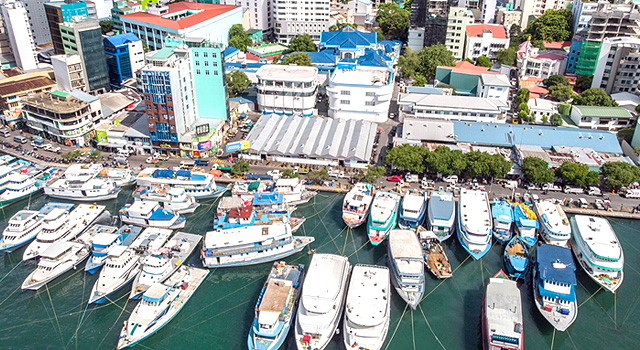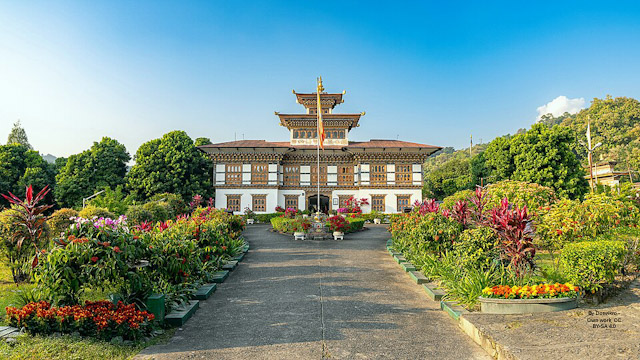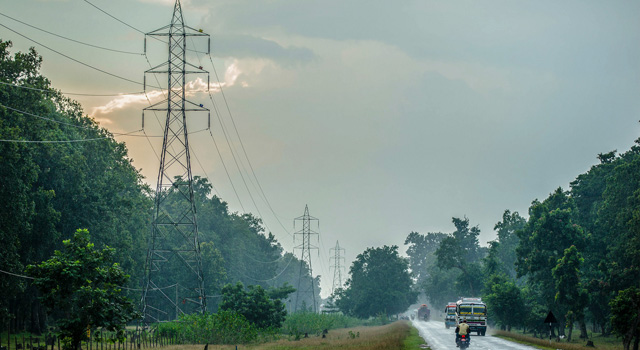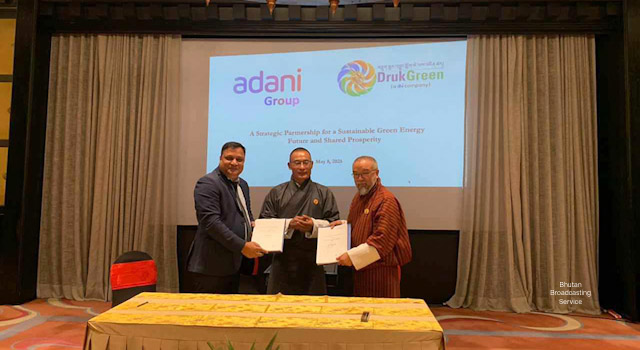
Explainer: How Blockchain Can Improve Supply Chain Transparency in Maldives
28 April 2020

Maldives is studying the use of high-level technologies to support a national window system to make international trade easier and more efficient. Through the South Asia Subregional Economic Cooperation National Single Window Project, Maldives is introducing blockchain technology to improve trade facilitation and management of local and regional supply chains.
This explainer appears on Development Asia.
Explainer: How Blockchain Can Improve Supply Chain Transparency in Maldives
Introduction
Maldives is exploring the use of high-level technologies to support a national single window system that will make it faster and more efficient to trade with other countries in South Asia and beyond.
Backed by the Asian Development Bank's High-Level Technology Fund, the South Asia Subregional Economic Cooperation National Single Window Project will pilot the use of blockchain technology to improve trade facilitation and supply chain management. The High-Level Technology Fund supports the introduction of advanced digital technologies in international trade to improve trustworthiness, efficiency, and timeliness of local and regional supply chains.
A one-stop electronic platform
Maldives is one of the smallest countries in Asia and the Pacific by population and land area. Its estimated population of 436,330 is widely dispersed over 187 inhabited islands across an archipelago that is more than 800 kilometers long and 130 kilometers wide. Despite its geographical challenges, Maldives has successfully developed many islands into high-end tourist resorts. Strong growth in tourism and tourism-related activities helped the country attain middle-income status in 2010.
Like many small island economies, Maldives relies heavily on imports for food, fuel, and other goods, while exports—primarily of fresh fish and fish products—have been increasing. A single window for trade can reduce delays and lower costs associated with the clearance of goods while maintaining the needed controls over fees and duties on imports or exports. The national single window is designed to interface with existing systems of cross border regulatory agencies, Malé Seaport, and Velana International Airport. It will address key bottlenecks to international trade procedures. An automated single window system will be established and made operational, and capacity building and competency on its operations will be developed under the project.
How will blockchain be applied in this project?
Blockchain is a distributed ledger technology that has a high potential of improving supply chain management. By recording transactions on a ledger that is visible to all stakeholders, blockchain enhances the trustworthiness of data and improves cost-efficiency through decentralized administration.
As part of the single window project in Maldives, the High-Level Technology Fund will carry out the pilot testing of a blockchain technology solution to supply chain management. It has the potential to contribute to the future operating system of a one-stop electronic platform for trade in Maldives.
The technology is expected to make the documentation process and parcel tracking in cross-border trade more efficient and reliable.
The pilot testing involves three steps:
- Identify benefits and risks to be resolved upon technology deployment,
- Raise awareness and build knowledge capacity of stakeholders on technology applications, and
- Formulate an implementation plan and strategy for development.
If the pilot is able to validate the usability and feasibility of the technology, the Government of Maldives is expected to invest further in its integration with the national single window system to ensure sustainability.










